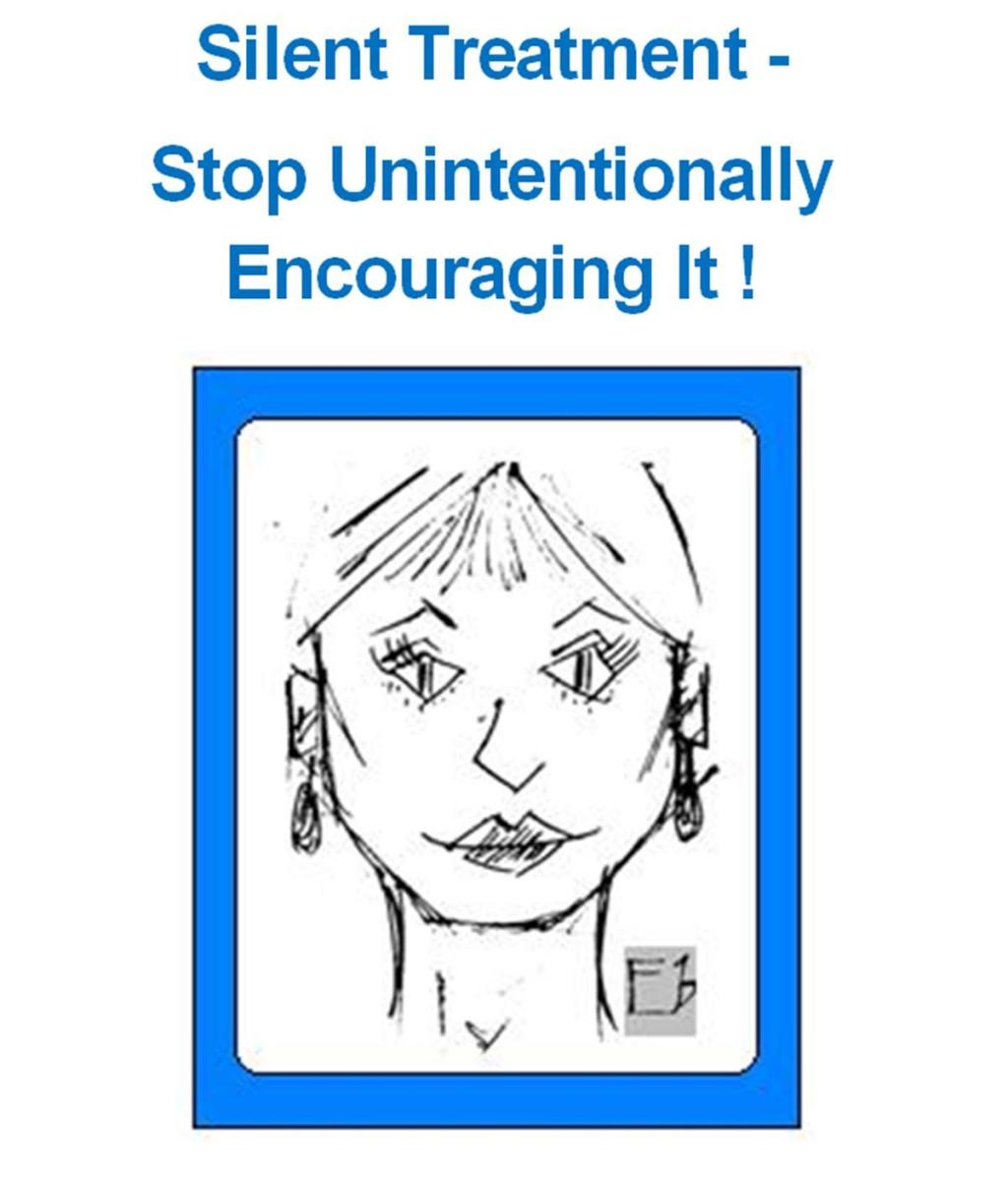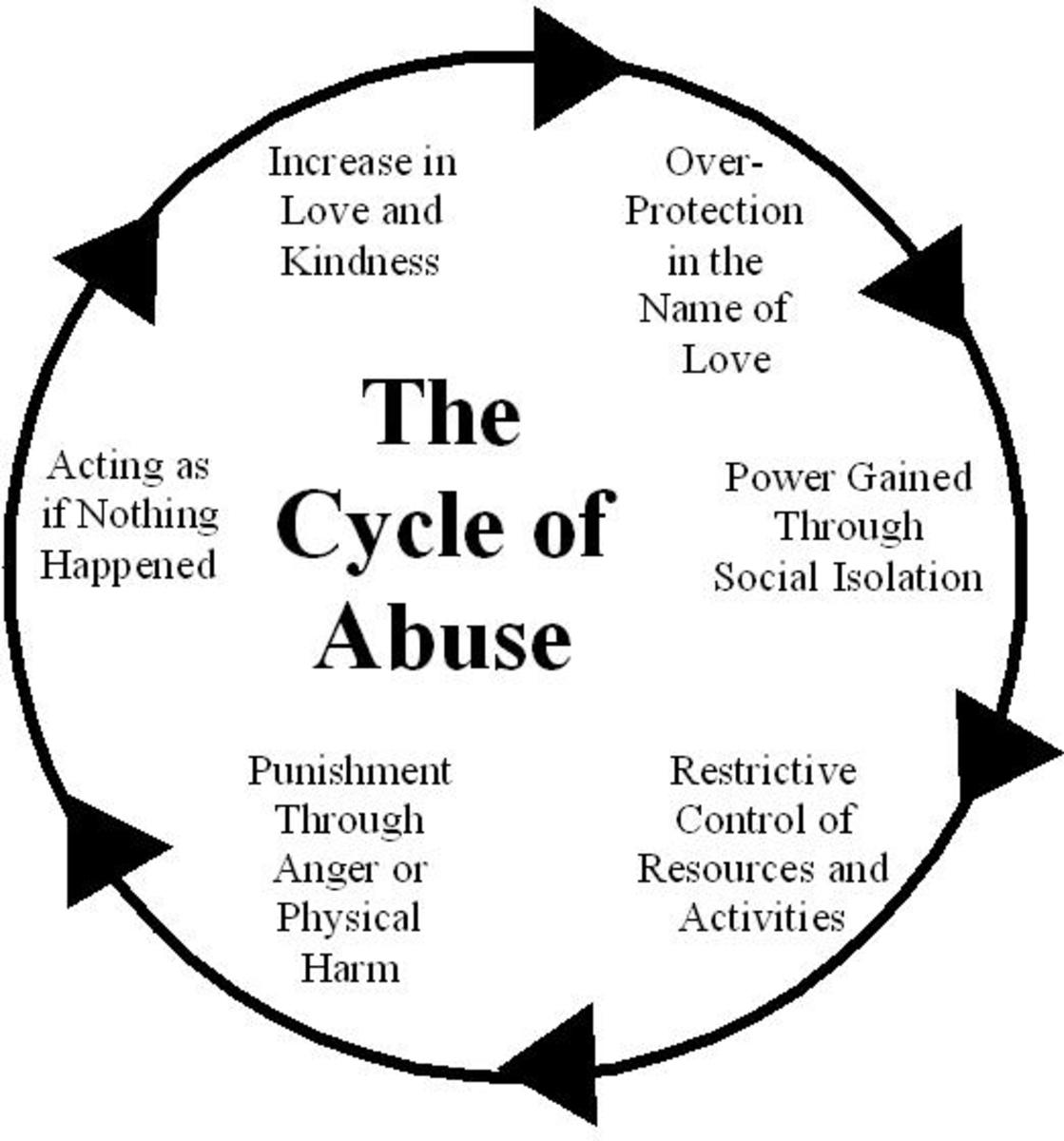What Constitutes Domestic Violence?
I have always been intrigued by workings of the human body, physically and mentally. Why do some commit acts uncommon to society norms, while others lead relatively healthy average lives?
The questions are endless.
Why do some get sick and others stay healthy?
What causes mental illness in some and not others.
Why do some live longer than others?
These are but a few things I'm interested in concerning the human body.
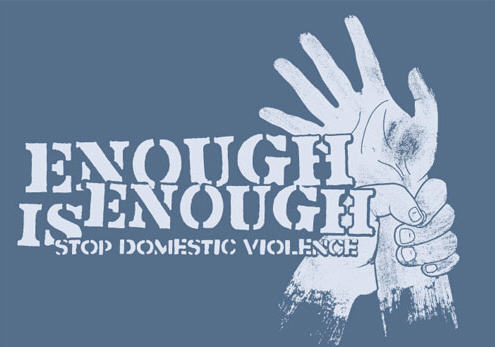
Abusive Acts
Abusive acts are committed by both men and women, but nearly 95% are women. Unfortunately, many blame themselves, believing they are at fault.
Domestic violence happens in personal relationships between past or current partners, and spouses. It can affect any race, or religion. But most victims are women. Statistics indicate one in four women will be abused. Let's look at how an abuser might act.
-
They may use fear, bullying, and threats to gain dominance over another. They may be jealous, controlling or possessive. These are early signs usually showing up soon after a relationship starts. After relationships become more serious, abuse usually increases.
-
The abuser may make threats, call the other names, slam doors or break dishes. This is a form of emotional abuse used to intimidate and cultivate feelings of weakness and helplessness. They may go as far as to threaten children, pets or family members.
Physical abuse may take the form of a slap. However, this can easily escalate to an increased level of violence leading to actual physical harm.
Another form is financial abuse. This is where the abuser exerts control over the finances of another. Domestic violence can also include sexual abuse, such as forcing someone to have sex.
It's important to get help. Contact a local advocacy group for support, and get information about how to stay safe. Or Call the National Domestic Violence Hot line at 1-800-799-SAFE (1-800-799-7233) for the nearest program. The hot line is available 24 hours a day, in English, Spanish, and other languages.
Here are other things you can do:
- Know your legal rights.
-
Keep phone numbers of safe places you can go in an emergency.
-
Warn your children to stay out of any confrontations. If you think you may have to leave, have previously laid plans ready to keep yourself and offspring safe.
Your Plan Might Include:
-
Having hidden suitcases packed with car and house keys, money, Social Security and credit cards, any certificates for your children and other important papers packed inside.
-
Leave the suitcase with friends, family, or at work.
-
If possible open a savings account and get a credit card in your name.
-
If you are a teen, talk to a trusted adult, your parents, family friend, or school counselor. You can also call the National Teen Dating Abuse Hot line toll-free at 1-866-331-9474.
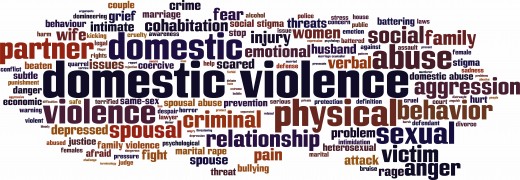
Domestic Violence and Abuse
Domestic violence and abuse doesn't start suddenly with an outburst of physical force. Abusive patterns develop in stages. They are cyclical and usually become increasingly violent.
Those falling victim to these patterns can feel traumatized by the mere anticipation of violence. Unfortunately, abuse is rarely curbed without intervention and adequate accountability.
Domestic abuse, is also known as spousal abuse. It occurs when one in a relationship tries to dominate and control the other. Domestic abuse involving physical violence is called domestic violence.
Domestic violence and abuse have one purpose, to gain total control. Abusers use fear, guilt, shame, and intimidation to obtain it.
Domestic abuse falls into a common pattern, or cycle:
-
Abuse. The abusive partner lashes out with derogatory, or violent behavior.
-
Guilt. Abusers may feel guilt, but not for what they've done. They're more likely concerned about others finding out and facing consequences.
-
Excuses. They tend to rationalize what they've done by making endless excuses and blaming victims for the conflict. Anything to avoid taking responsibility them selves.
-
"Normal" behavior. Abusers try regaining control and pretending nothing has happened. One typical tactic is making promises to change, convincing victims they've turned over a new leaf, and honestly intends to change.
-
Dependency. They try to convince the abused they're the only one able help. However, the dangers of staying are still present and very much real.
Remember, abusers have become experts in knowing how to control their specific victims. People who have been abused are depressed, afraid, and confused. They need help getting away from the controlling person. However, this may be difficult since they most likely have been kept isolated from family and friends.
By picking up on the warning signs you could be the one giving support. Talk to them privately letting then know you’re concerned. Reassure them whatever they say will be kept in strict confidence. There are many signs someone is in an abusive relationship. The most obvious being fear of their partner.

Forms of Abuse
Recognizing Abuse
Domestic abuse often begins with threats and verbal abuse, then escalates to violence. Physical injury may be the most obvious danger, however emotional and psychological consequences can also be severe.
Emotionally abusive relationships destroy self-worth, lead to anxiety and even depression. The first step is recognizing and breaking free breaking free of the abusive relationship.
Signs of an Abusive Relationship
Do you:
-
feel afraid of your partner most of the time?
-
believe you deserve to be hurt?
-
abstain from discussing certain topics for fear of angering your partner?
-
feel you can't do anything right for your partner?
Does your partner:
-
Have a bad, unpredictable temper?
-
Threaten to hurt or kill you?
-
Threaten to take your children away or harm them?
-
Threaten suicide if you leave?
-
Try controlling where you go, and constantly checking up on you?
-
Isolate you from friends and family?
-
Limit access to money, car or telephone?
-
Humiliate or yell at you?
-
Blame you for their behavior?
-
Force you to have sex?
Sexual Abuse
Any situation where you are forced to participate in an unwanted sexual act is sexual abuse. Regardless of whether it's committed by a spouse or intimate partner it's still an act of violence. People who are abused physically or sexually, are at a higher risk of being seriously injured.
Even if incidents seem minor in comparison to others, this isn't a "better" or "worse" situation. Studies show those who have been abused even once, it will likely likely happen again. Remember, even if there isn't physical violence, many have been emotionally and verbally assaulted.
Emotional Abuse
Not all abusive relationships involve violence. Many suffer from emotional abuse. Unfortunately, this form is often overlooked, or minimized. It strips away feelings of self-worth.
Victims of emotional abuse often feel there's no way out of their relationship. Emotional abuse can also include yelling, name-calling, blaming etc. it's not uncommon for abusers to make threats of physical violence.
Many think physical abuse is much worse than emotional abuse, since physical violence can put you in a hospital or leave you with scars. But, the scars of emotional abuse are very real. Emotional abuse can be as damaging as physical abuse.
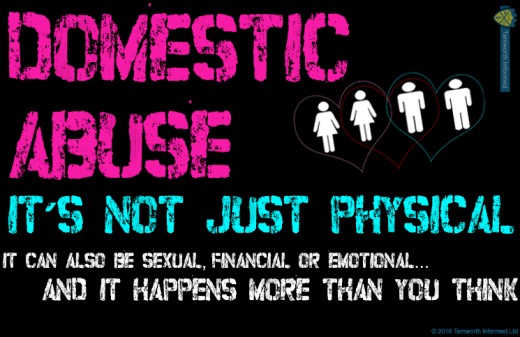
Abusers Set Goals
Economic or Financial Abuse
An abuser sets a goal is to exert control. They frequently use money, economic or financial abuse to achieve their objective. This may include:
-
Rigid control of finances. They may withhold money and credit cards. Additionally they might demand an accounting of every penny spent using an allowance. They may even steal your money.
-
Withhold basic necessities such as food, clothes, shelters or medications.
-
Keep you from work. This can be accomplished by calling constantly your place of employment.
Abusive Behavior is Their Choice, Not Yours
Despite common belief, domestic violence and abuse can't be blamed over loss of control over their behavior. In fact, it's a deliberate choice made by the abuser. Abusers use a variety of tactics:
-
Dominance. They need to feel in charge and make decisions for the entire family. They bark orders expecting immediate obedience. They may treat you like a servant, child, or even a possession.
-
Humiliation. An abuser tries to make others feel bad or defective. Those believing they're worthless are less likely to leave.
-
Isolation. Permission to do anything, go anywhere, or see others must be given.
-
Intimidation. Abusers use a variety of intimidation tactics. For example, displaying threatening looks or gestures, destroying property, harming pets, or placing weapons in conspicuous places. The message is obey, or suffer the consequences.
- Denial and blame. Abusers may blame their behavior on a bad childhood, bad day, or even on their victims. Whenever possible they will shift responsibility to you.
- Abusers Control Their Behavior
Unfortunately, abusers can rarely control themselves. They may manage it when no one is around. But they are able to stop immediately when necessary. For example, when the police show up.
Abusers Usually Strike Places Injuries Can't Be Seen.
They carefully aim their kicks and punches. It's impossible to know with certainty what goes on in the privacy of a home, but there are some warning signs and symptoms.
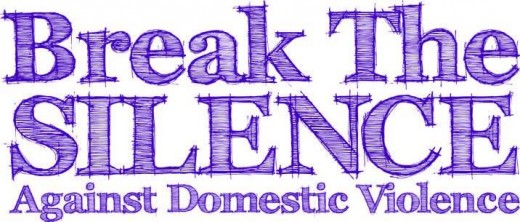
Signs of Physical Violence
-
Frequent injuries blamed on "accidents."
-
Missing work, school or other events, frequently without explanation.
-
Wearing long sleeves during the summer or sunglasses indoors.
Psychological Warning Signs
People who are being abused may:
-
Have low self-esteem.
-
Show major personality changes.
-
Be depressed, anxious, or suicidal
If you suspect someone is being abused:
-
Ask if something is wrong
-
Express concern
-
Listen and validate
-
Offer help
-
Support their decisions
You shouldn't:
-
Wait for them to come to you
-
Judge or blame
-
Pressure them
-
Give advice
-
Place conditions on your support




